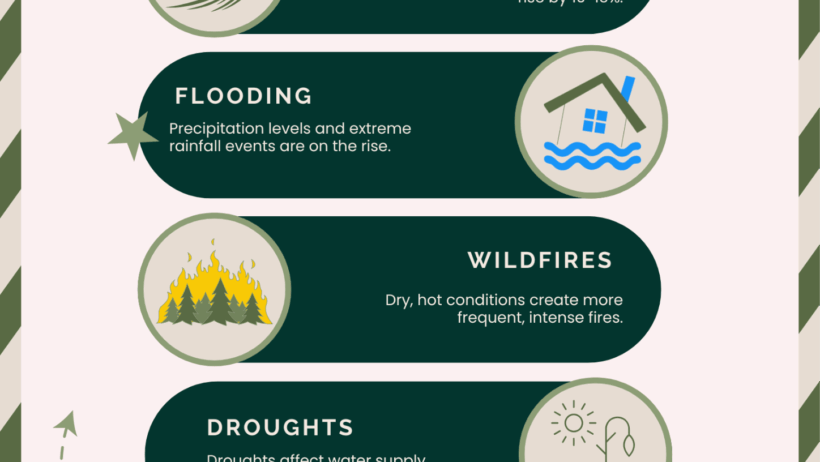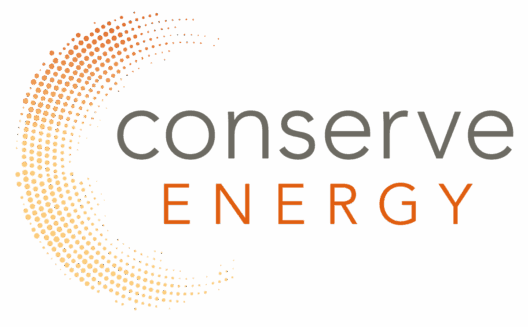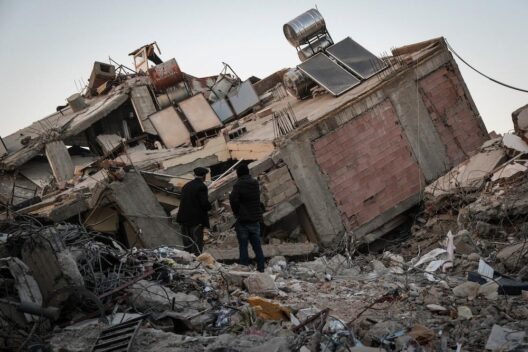The discourse surrounding climate change has evolved significantly over the past few decades. Today, the implications of global warming extend well beyond environmental concerns; they permeate the fabric of the economy, shaping policy decisions that influence everything from energy production to transportation infrastructure. This transformation in understanding leads us to a critical intersection: the climate economy. This conceptual framework investigates how climate-induced shifts are remolding not only environmental paradigms but also economic strategies and policies.
At the crux of this phenomenon lies the urgent reality of climate change itself. The scientific consensus confirms that rising global temperatures, an increase in extreme weather events, and shifting ecosystems necessitate a reevaluation of traditional economic models. For instance, natural disasters, worsened by climate change, pose substantial risks to infrastructure, disrupting supply chains and incurring immense costs on both local and global levels. Policymakers increasingly recognize that ignoring these factors jeopardizes future economic stability, prompting a paradigmatic shift that intertwines climate resilience with economic viability.
To navigate this emerging landscape, it becomes essential for governments and businesses to adopt new metrics of success. Classical economic indicators, such as GDP growth, inadequately capture the ramifications of climate-related disruptions. Policymakers now grapple with integrating sustainability into fiscal frameworks, recognizing that genuine prosperity must include environmental health. Hence, the nascent climate economy compels economies to transition towards more sustainable practices, promoting renewable energy sources, enhancing energy efficiency, and reducing reliance on carbon-intensive processes.
The shift towards the climate economy also manifests through innovative policy mechanisms aimed at incentivizing sustainable practices. Carbon pricing, for instance, operates as a critical tool, compelling businesses to internalize the environmental costs of their operations. Such strategies, whether through market-based approaches like cap-and-trade systems or taxes levied on carbon emissions, instigate a paradigm shift in corporate behavior. The promise of financial savings by reducing emissions encourages companies to invest in clean technologies, thereby fostering a competitive advantage in an evolving market landscape.
Moreover, climate-related policies are increasingly influencing international relations. As countries aspire to meet their emissions targets under international agreements, the competition for clean technology supremacy becomes pronounced. Nations are beginning to recognize that addressing global warming entails more than just domestic policies; it requires collaborative efforts and strategic alliances. Such relationships hinge on shared technological advancements and innovations, inviting curiosity into how this interplay could redefine geopolitical dynamics in the coming decades.
The rise of the climate economy also presents opportunities for job creation and economic revitalization. Transitioning from fossil fuel dependency to renewable energy sources necessitates skilled labor, thereby generating new employment avenues. Solar and wind industries, for instance, have already seen a significant uptick in demand for professionals ranging from engineers to field technicians. Furthermore, investments in green infrastructure not only bolster job creation but also stimulate local economies, creating a synergistic effect that fosters resilience against climate change.
However, this transition is not without its challenges. As policy adjustments are implemented, there may be resistance from established industries that fear economic displacement. The fossil fuel sector, plagued by uncertainty amidst the growing prevalence of renewables, may lobby vigorously against policy measures intended to promote sustainable alternatives. This tension highlights a vital aspect of the climate economy: it is imperative to develop just transition frameworks that support communities and workers adversely affected by the shift towards sustainability.
Parallel to these socioeconomic considerations is the critical role of public awareness and education in shaping policy decisions. A well-informed populace is essential for fostering the political will necessary to embrace progressive climate policies. Grassroots movements and advocacy organizations play a pivotal role in amplifying the voices of communities affected by climate change, ensuring that policy decisions account for social equity and environmental justice. As these movements gain traction, they instigate changes that prompt governments to reevaluate their commitments to climate action.
Ultimately, the intersection of the climate economy and policy decisions heralds a pivotal moment in human history. The urgency to act transcends mere environmental stewardship; it encompasses a holistic rethink of how economies function and thrive. Innovative solutions and collaborative efforts are paramount in navigating this terrain, and the potential for transformative change is palpable. The policies crafted today will not only determine the trajectory of national economies but will also shape the resilience of society as a whole in the face of escalating climate challenges.
In conclusion, understanding the climate economy and its implications for policy decisions is vital for fostering an informed discourse on sustainability. As societies grapple with unprecedented changes brought about by global warming, an interwoven approach that encompasses economic realities, social justice, and environmental integrity stands as the beacon of hope for a resilient future. The path ahead is fraught with challenges, but within those challenges lie opportunities for innovation, collaboration, and profound transformation. The world is on the cusp of a paradigm shift, and the decisions made today will echo throughout the generations to come, defining not just our economies, but the very fabric of life on Earth.








